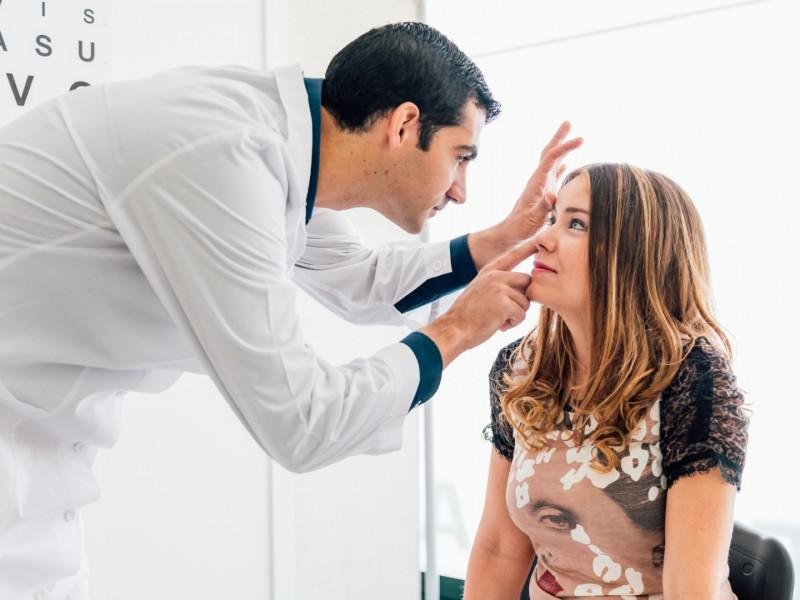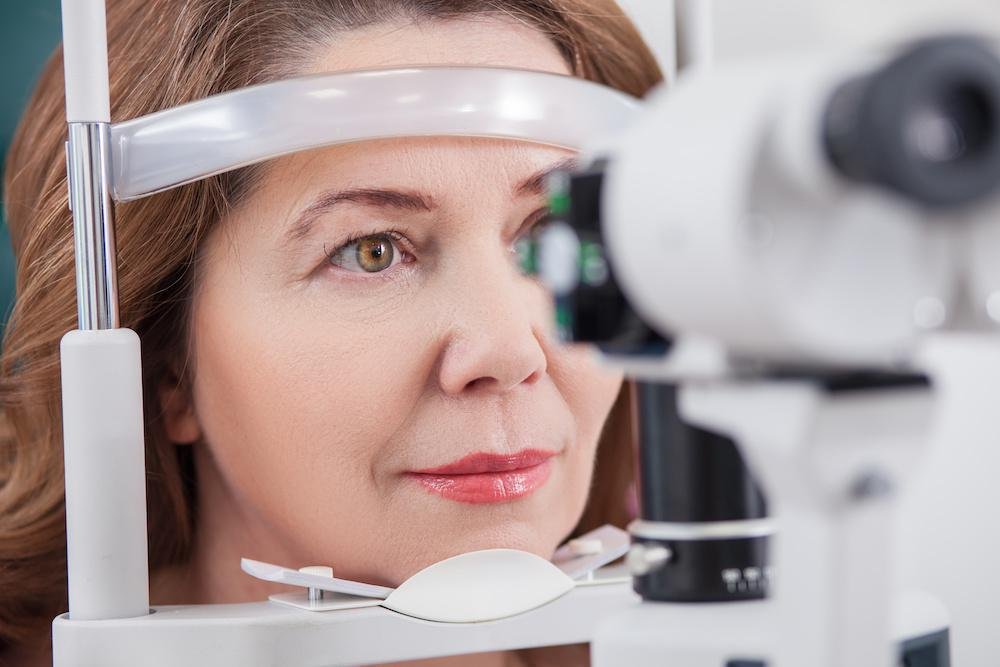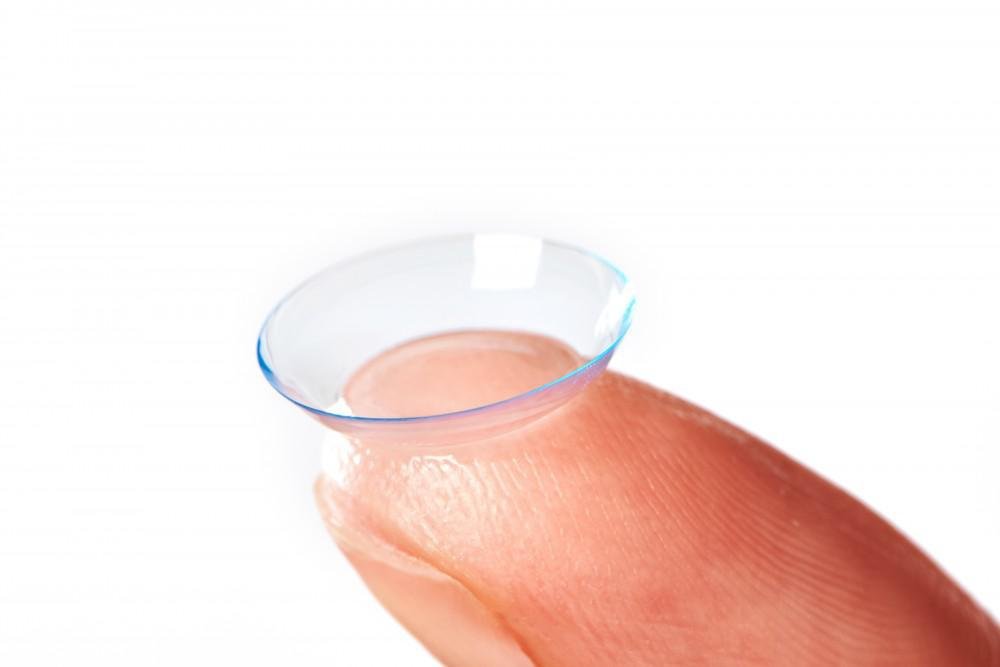According to the American Academy of Ophthalmology®, more than 150 million Americans wear corrective lenses. If your vision has grown worse and objects look a little blurry, join the crowd and consult one of our qualified optometrists, Mital Patel, OD, Mark Machen, OD, or Ashley Swalla, OD, at Classic Vision Care in Kennesaw and Marietta, Georgia.
Signs you may need glasses
Our board-certified optometrists can determine if glasses are right for you. Signs include:
- Blurred or distorted vision
- Frequent headaches after reading or watching television
- Eyestrain
- Squinting
- Seeing auras around objects
- Night blindness, especially while driving
We perform a comprehensive eye exam using state-of-the-art vision technology to decide if glasses can correct your vision. We also see if any underlying health issues, such as glaucoma or cataracts, may be at fault. Options such as surgery may be necessary to correct these.
See the writing on the wall
Dr. Patel and our team can discuss whether you should correct your vision with glasses, contact lenses, or a combination of both. Glasses provide additional support for contact lens wearers. They give your eyes a much-needed rest from contacts, which can become uncomfortable over time, causing dryness. Whichever path you choose, take the first step and let one of our trusted optometrists check your vision.
Vision issues requiring correction include:
Nearsightedness. The most common cause of distorted vision, over 34 million Americans over 40 suffer from myopia, or nearsightedness. Simple tests pinpoint your level of myopia.
Farsightedness. Hyperopia, or farsightedness, makes it more difficult to see close objects clearly. Less common than nearsightedness, which is shared by about 30% of people in the United States, hyperopia affects fewer than 10% of the population.
Astigmatism. When light fails to be distributed evenly onto your retina, objects may look blurry or distorted. This occurs when your cornea or lens grows more elongated than round.
Our team can generally correct these issues with glasses and/or contact lenses.
How aging affects vision
As we age, our eyes become less flexible. It takes longer to go from viewing things at a distance to close-up, or from light to dark. Bifocal lenses may help, since you can view both near and far within the same pair of glasses. Your night vision may also worsen, possibly due to cataracts. Dr. Patel and our team determine the cause of your difficulties and offer options to help you see more clearly.
Zoom with confidence
These days, we spend even more time on our computers and mobile devices, whether attending Zoom conference calls or catching up on the latest news. Your face is frequently front and center, and your vision is challenged more than ever. We can help choose one or more glasses for your particular circumstances, while deciding which shape best complements your face. For instance:
- Round faces generally look best with angular frames.
- Oval or round frames soften square jawlines.
- Heart-shaped faces look great with lighter-colored frames.
You’ll be amazed how much better the world looks with the right lenses. Get regular checkups to help prevent problems. If you notice any vision changes or issues, give us a call or book an appointment online with Classic Vision Care today.
You Might Also Enjoy…
Are Glasses Better than Contacts?
Trying to decide between wearing eyeglasses or contact lenses? Consider all the factors, including comfort, ease, and appearance. We’ve compiled a list of pros and cons to help you see your way through this significant decision.
Why Sunglasses are Important All Year Long
No doubt you always have your favorite shades close by all summer. But sunglasses protect your eyes all year long, even during darker winter months. Learn how they shield your eyes from harmful ultraviolet (UV) rays any time of year.
How Astigmatism Affects Your Vision
Astigmatism causes a variety of symptoms ranging from blurred vision to eye discomfort and pressure. Understand how a comprehensive eye exam can pinpoint the cause of your symptoms and get your sight back on track.
Who Is at Risk for Glaucoma?Could you be at risk for glaucoma? The short answer is that everyone, especially seniors, is at risk for glaucoma. Learn how to lessen your odds of losing your sight through early detection and treatment.
5 Steps to Prevent Diabetic Eye Disease
People with diabetes are more vulnerable to certain eye diseases, such as glaucoma, cataracts, and diabetic retinopathy. Learn what steps you can take to slow their progression and potentially avoid them in the first place.
Am I a Candidate for Contact Lenses?
If you need vision correction, contact lenses are a popular option. If you’re simply tired of your glasses or just looking to see the world more clearly, discover whether contact lenses may be the perfect fit for you.







